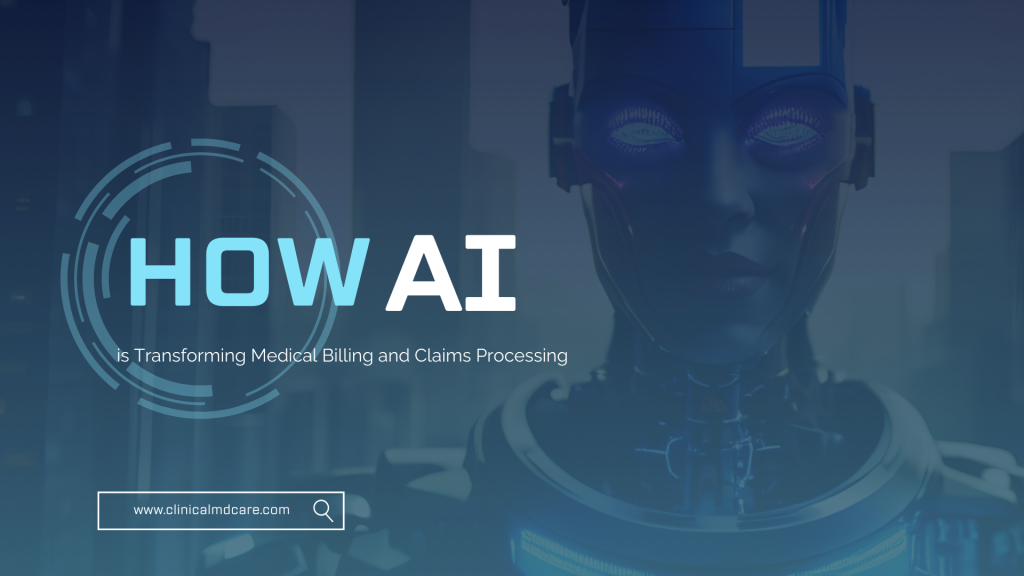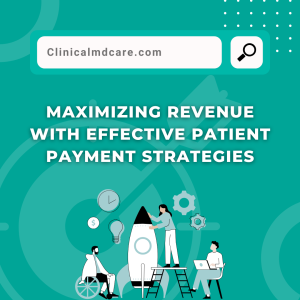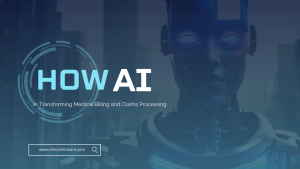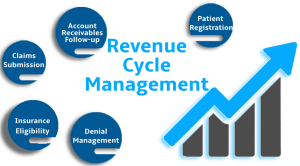The healthcare industry is changing fast with AI. Medical billing and claims processing are the most affected. AI is making things more efficient, error free and faster. This is good for providers and patients.
Traditional billing methods lead to denials and administrative burdens. Manual processing is time consuming and prone to human errors. AI automates the work, making it more accurate and compliant. As AI adoption grows the future of medical billing looks more streamlined and cost effective.
Automating Medical Billing for Accuracy
AI algorithms can process vast amounts of billing data in real time. They detect inconsistencies, flag errors and improve coding. This reduces denials and saves time and resources for providers.
Natural language processing (NLP) extracts information from medical records. It ensures accurate coding and documentation. AI powered billing systems learn from past claims and get better over time. This means fewer disputes and smoother transactions.
Less Administrative Burden for Providers
Administrative tasks in medical billing are repetitive and complex. AI automates these tasks so staff can focus on patient care. Automated billing systems can verify patient insurance, generate invoices and process payments.
By reducing paper work AI minimizes human intervention in billing workflows. This means faster approvals and lower processing costs. AI driven automation increases productivity so providers can allocate resources better.
Fraud Detection and Compliance
Fraudulent claims are big in healthcare billing. AI finds unusual patterns and flags suspicious activity. This prevents fraud and compliance.
AI looks at claim history and finds anomalies that indicate fraud risk. Machine learning gets better over time so fraud detection gets better. AI is transparent so Billing is fair and efficient.
Faster Claims Processing for Patient
Delays in claims processing can cause financial stress to patients. AI accelerates approvals by reducing manual reviews. Faster reimbursement improves patient satisfaction and trust to healthcare providers.
Chatbots and virtual assistants help patients track their claims and resolve billing inquiries. AI driven communication helps patient engagement. AI simplifies the billing process so healthcare is smooth for all.
Future of AI in Medical Billing
AI in medical billing is still evolving. Advanced AI models will further refine claims processing making it more predictive and accurate. Future AI solutions may use blockchain for added security and transparency.
AI powered predictive analytics will help providers optimize revenue cycles. As technology advances medical billing will be more efficient, reduce financial loss and improve overall healthcare. The future of AI in billing is bright and transformational.
Conclusion
AI is transforming medical billing and claims processing. It’s accurate, reduces administrative work and fraud detection. Patients get faster approval and better financial transparency.
As AI technology advances its role in medical billing will continue to grow. Adoption of AI driven solutions means a smoother, cost effective and efficient system. Medical billing is AI driven, better for providers and patients.












